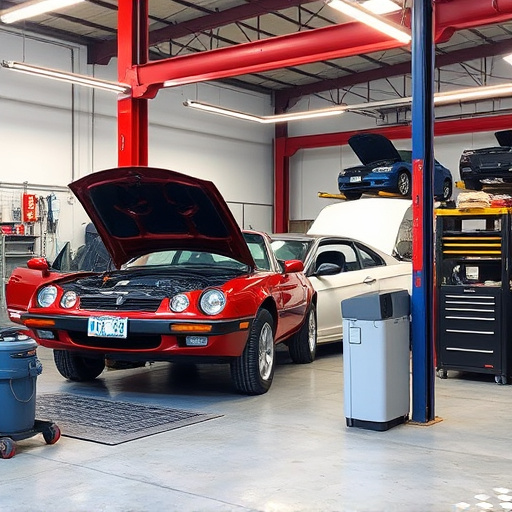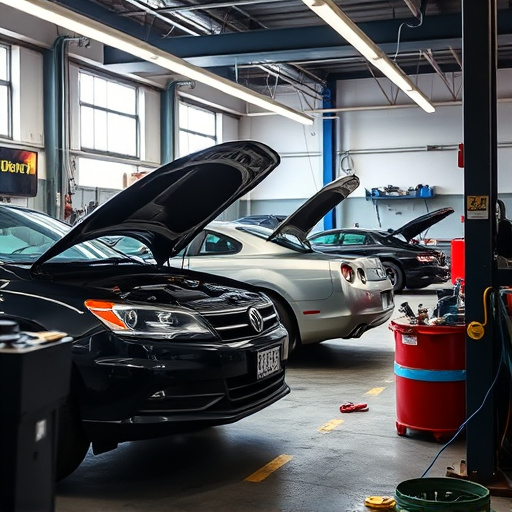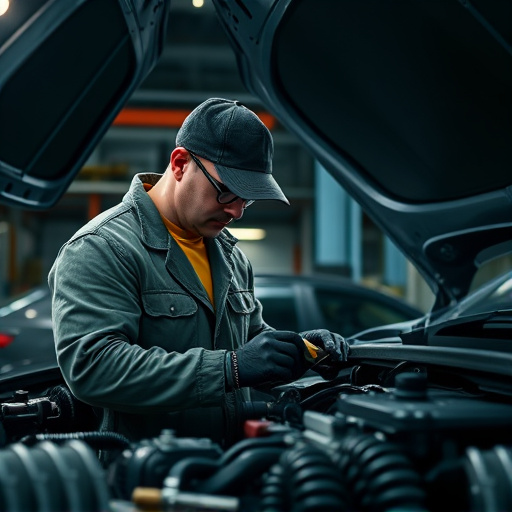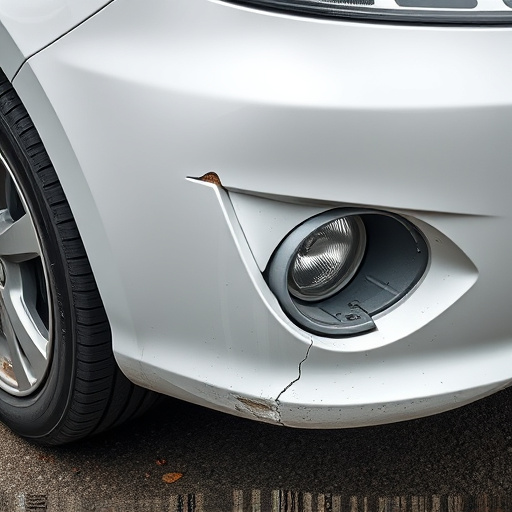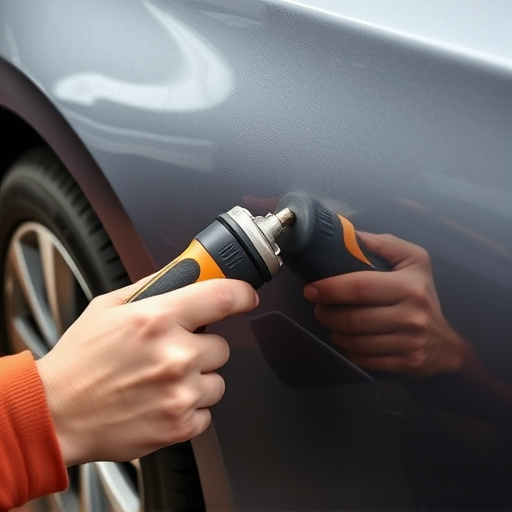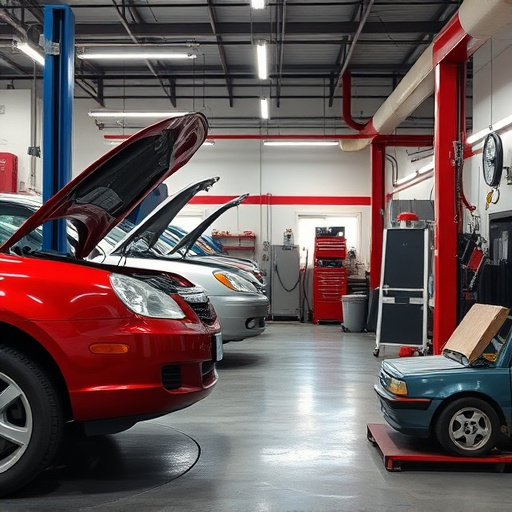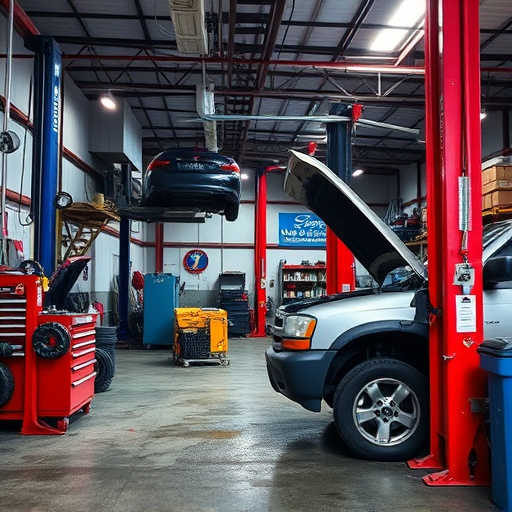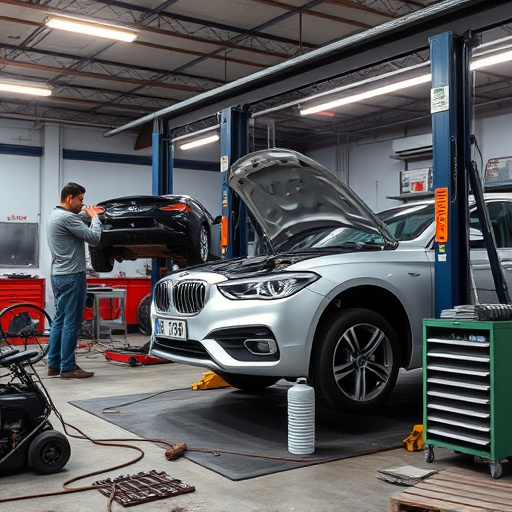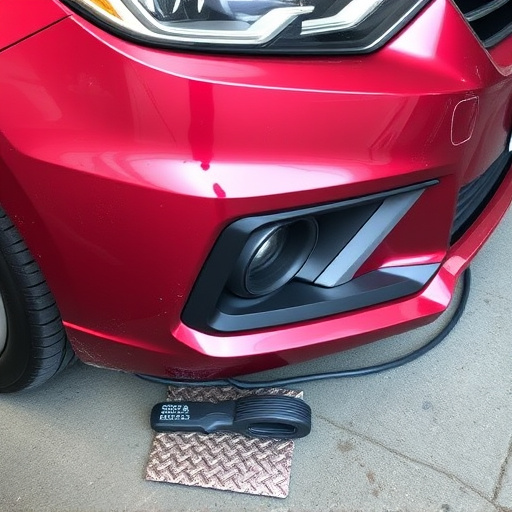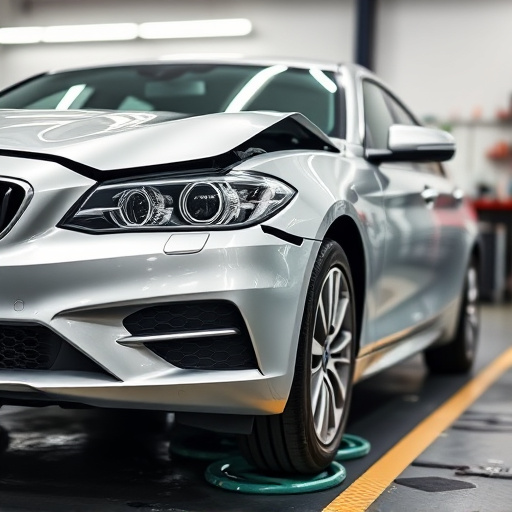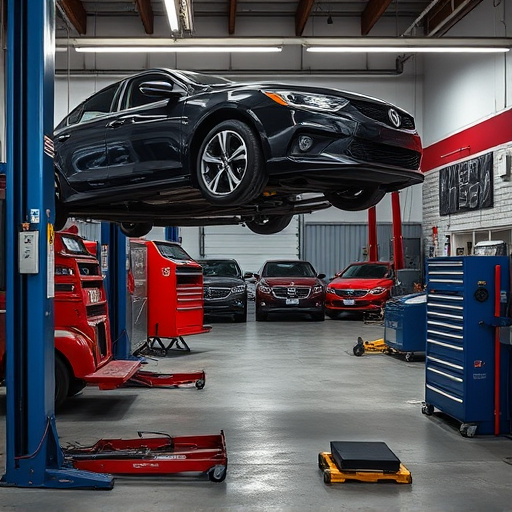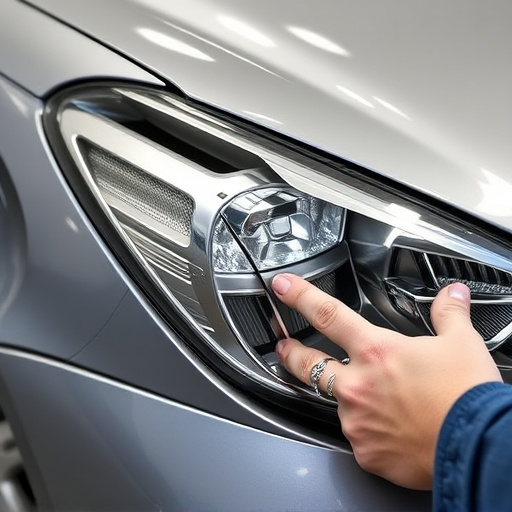Silicon bronze welding is a specialized technique leveraging copper and silicon alloys to create robust, corrosion-resistant bonds ideal for demanding industries like automotive and maritime. Its unique properties include high strength-to-weight ratio, superior corrosion resistance, and excellent heat conductivity, making it suitable for intricate designs and extreme environments, outperforming conventional methods in terms of durability and aesthetic integrity.
In the realm of modern welding, Silicon Bronze Welding stands out as a game-changer. This article delves into the fundamentals and explores why it’s becoming a preferred choice over traditional methods. We uncover the advantages, from enhanced durability to its suitability for diverse applications. Whether it’s structural repairs or unique fabrication projects, understanding when to opt for Silicon Bronze Welding can revolutionize your workflow. By the end, you’ll grasp the key factors that make this technique a smart alternative.
- Understanding Silicon Bronze Welding Basics
- Advantages Over Traditional Welding Methods
- When to Opt for Silicon Bronze Welding Techniques
Understanding Silicon Bronze Welding Basics
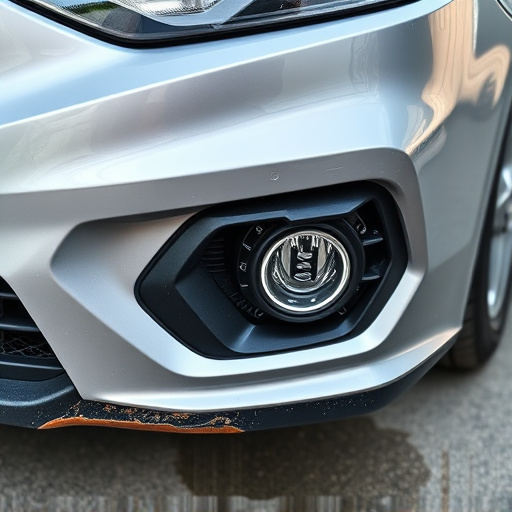
Silicon bronze welding is a specialized process that utilizes a specific type of metal alloy, known as silicon bronze, to create strong and durable bonds. This technique differs from traditional welding methods, offering unique advantages in certain applications. Understanding the basics involves grasping that silicon bronze, with its combination of copper and silicon, provides excellent corrosion resistance and high strength-to-weight ratio. This makes it ideal for projects requiring long-lasting structural integrity, such as in automotive repair or vehicle repair scenarios where longevity is paramount.
In car scratch repair, for instance, silicon bronze welding can be employed to restore original components without compromising structural integrity. Its ability to withstand harsh environmental conditions makes it suitable for outdoor applications. Moreover, the ease of manipulation during the welding process allows for intricate designs and precise repairs, making it a game-changer in various industries, not just automotive repair but also in manufacturing and fabrication where high-quality, long-lasting welds are essential.
Advantages Over Traditional Welding Methods
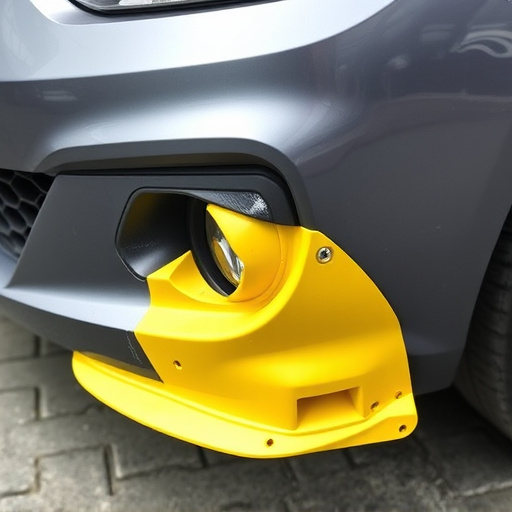
Silicon bronze welding offers several advantages over traditional welding methods when it comes to automotive applications like car bodywork and auto collision centers. One key benefit is its superior corrosion resistance, making it an ideal choice for projects involving metal that will be exposed to harsh environments. Silicon bronze’s ability to form a protective oxide layer on its surface enhances durability, ensuring that repairs last longer without requiring frequent touch-ups.
Furthermore, silicon bronze welding provides exceptional strength and ductility, allowing for more intricate and precise work in car repair services. This metal combines the best of both copper and tin, resulting in a material that is not only versatile but also highly compatible with various alloys commonly used in modern vehicles. Its excellent thermal conductivity makes it suitable for high-heat applications, while its ability to withstand extreme temperatures without losing structural integrity sets it apart from traditional welding techniques in many scenarios involving car bodywork repairs.
When to Opt for Silicon Bronze Welding Techniques
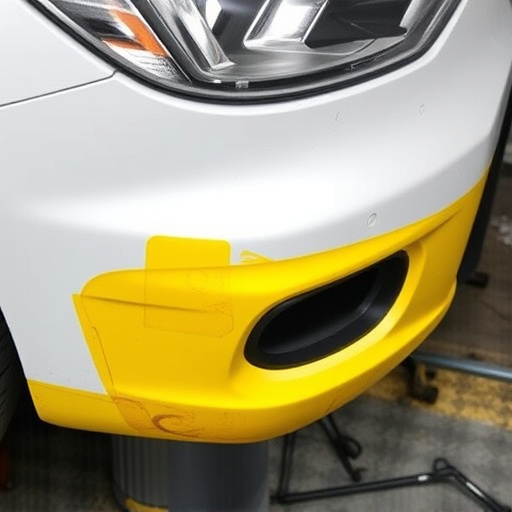
When considering welding methods, silicon bronze welding stands out as a specialized technique worth exploring for specific applications. This advanced process is particularly well-suited for situations requiring superior corrosion resistance and strength in various industries, from automotive to maritime. Opting for silicon bronze welding can be beneficial when traditional methods fall short in extreme environments or projects demanding high-performance materials.
For instance, when repairing vehicles with significant structural damage, especially those involving metal components exposed to corrosive elements like salt water, silicon bronze welding offers a durable solution. It’s also a preferred choice in auto glass repair and vehicle paint repair scenarios where maintaining aesthetics and structural integrity are paramount. This welding technique ensures strong bonds, minimizing the risk of future weaknesses or failures in challenging conditions.
Silicon bronze welding offers a compelling alternative to traditional methods, with its unique benefits and specific applications. By understanding the basics and leveraging its advantages, such as enhanced corrosion resistance and improved mechanical properties, you can make informed decisions on when to opt for this technique. Whether joining copper, brass, or aluminum alloys, silicon bronze welding is a versatile and efficient solution that deserves consideration in modern fabrication processes.
